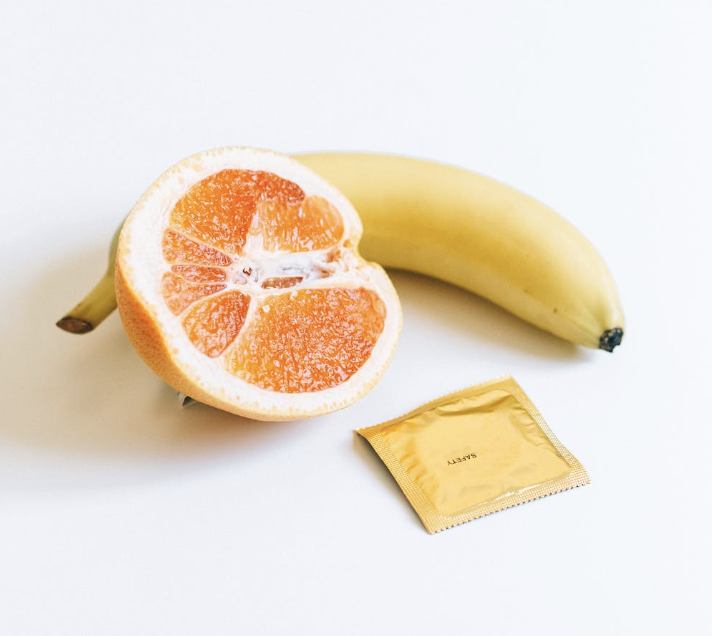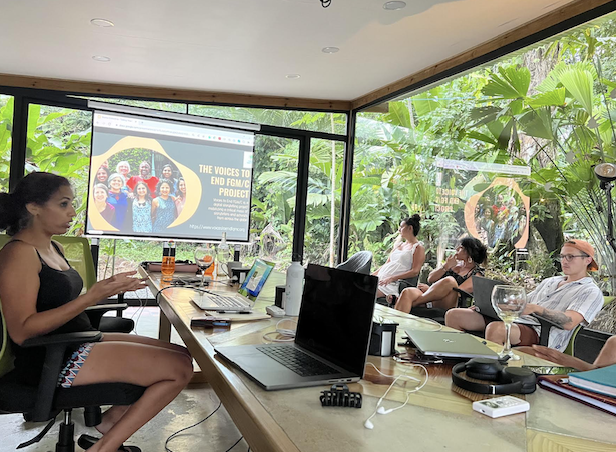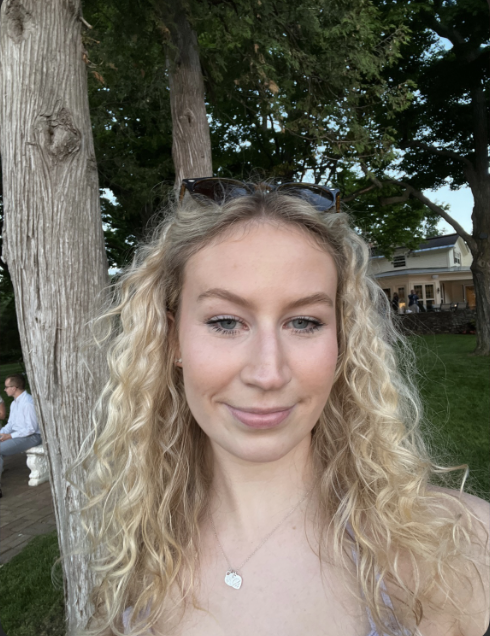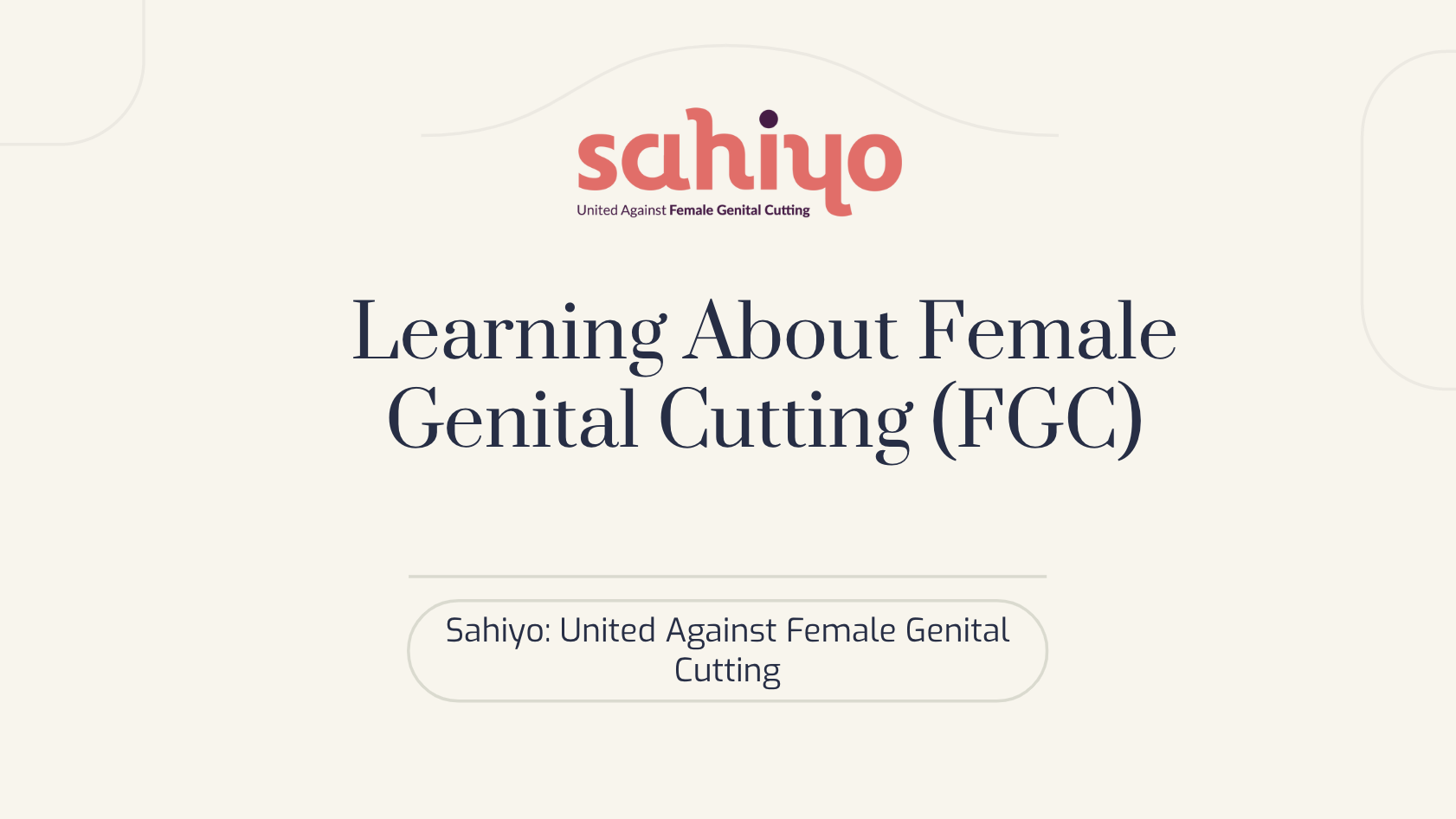Dear Maasi is a column about everything you wanted to know about sex and relationships but were afraid to ask! It’s a partnership between Sahiyo and WeSpeakOut, and is for all of us who have questions about khatna (FGM/C) and how it impacts our bodies, minds, sexualities and relationships. We welcome you to submit your anonymous questions.
Dear Maasi,
My question has to do with sex. Will it hurt more the first time for someone who has experienced khatna? And are orgasms possible for khatna survivors?
--Anonymous
Dear Anonymous,
Thanks for these important questions. We don’t talk about sex enough!
I can tell you that those who have experienced khatna can absolutely have orgasms. We all have a variety of responses to sex, both in terms of pain and pleasure.
These responses are influenced by the emotional and physical trauma of khatna. Have a look at some of my past columns that talk about sexual pleasure, pain, shame, and trauma. You can find the entire list here.
Our sexual responses can also be affected by our beliefs about sexuality, our past sexual experiences (alone or with our partners), and by our relationships with partners. You’ll only know what your own experience is by exploring your sexuality.
Many of us grow up without good sex education and have absorbed harmful and incorrect information and myths about sex. We grow up equating “the first time” with “losing our virginity”, a concept that has been challenged by feminists as a damaging social construct. Anonymous, it’s worth thinking about what you mean by “the first time”. Is it masturbation? Penetration with a penis? Oral sex from a partner?
I encourage all of us to rethink “the first time”, and sexuality in general, as something we explore on our own first. Read books about sexuality. Listen to sex ed podcasts. Follow sex sex therapists on Instagramon Instagram. Debunk myths about Islam and sexuality. Use a mirror to admire your whole body, including your genitalia. Notice what your find arousing and who you might be attracted to.
When it comes time to sharing sexuality with another person, you’ll be more informed and able to communicate your desires and needs. You’ll be able to pause if something doesn’t feel right or is painful. Which will make the whole experience more fun.
If you do experience pain, seek out a medical professional who has competence in sexuality so you can understand what might be causing it.
Anonymous, I hope that helps. Sexual pleasure is our birthright!
---Maasi
About Maasi, aka Farzana Doctor:
Farzana is a novelist and psychotherapist in private practice. She’s a founding member of WeSpeakOut and the End FGM/C Canada Network. She loves talking about relationships and sexuality! Find out more about her at www.farzanadoctor.com
Disclaimer:
While Farzana is full of good advice, this column won’t address everyone’s individual concerns and should not be used as a substitute for professional medical or psychological care.








